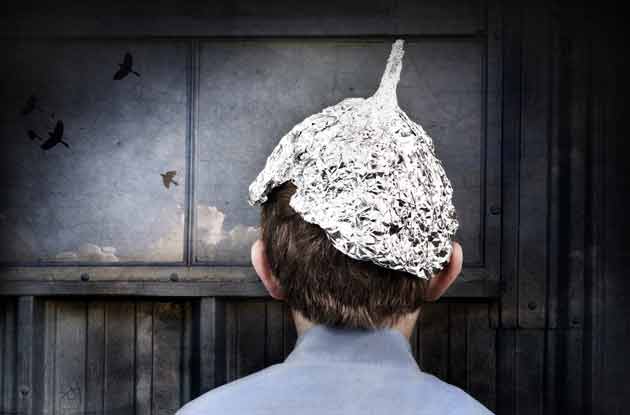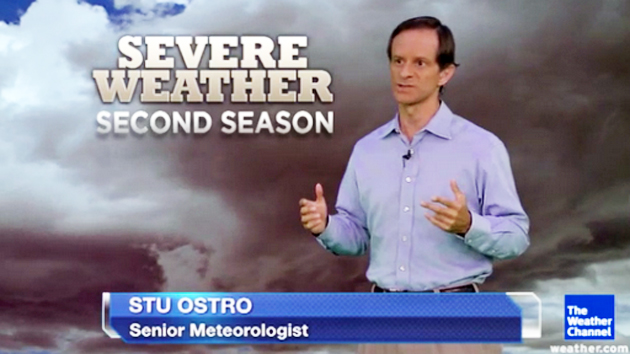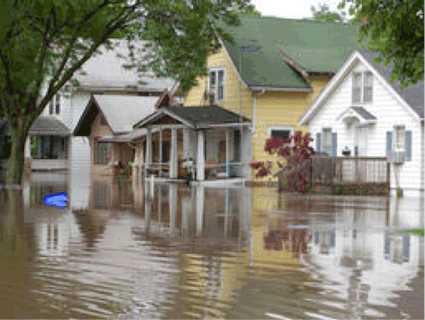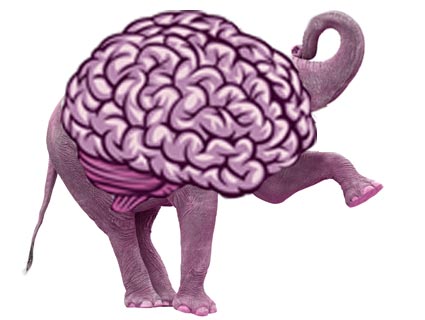Weather forecasters and climate scientists aren’t exactly known for being the best of buds. Several surveys have shown that among members of the American Meteorological Society—and especially among professional TV forecasters—there’s a substantial degree of global warming skepticism. Indeed, more than half of AMS members perceive conflict within the organization over the issue of climate change. Meanwhile, members of the climate science community are sometimes accused of speaking down to their weather geek brethren.
Given this tense history, what happened at the most recent Climate Desk Live event, featuring Rutgers University climate scientist Jennifer Francis and Stu Ostro, senior meteorologist at the Weather Channel, might be considered fairly remarkable.
“Jennifer’s coming at it from a different direction than I am,” said Ostro after he and Francis delivered complementary analyses of how global warming is upending our weather. “But what’s interesting is that we have converged on a very similar spot—I as a day-to-day weather forecaster, and Jennifer, who has a background in meteorology but who’s in more of a climate science research area.”
Ostro believes that climate change is increasing the atmosphere’s overall thickness and thereby forcing weather patterns to stay in place for longer—with sometimes devastating results. Francis, meanwhile, argues that the dramatic warming of the Arctic is, in turn, slowing down the hemisphere-sized loopings of the jet stream—with very similar consequences.
And there are other signs that relations between climate scientists and weather forecasters are improving—signs that go considerably beyond the scientific mutual admiration society that is Francis and Ostro. “I think for the mainstream broadcasters, who may have been sort of agnostic, it’s getting harder and harder, the evidence is becoming a little bit stronger with each passing day, and certainly as the years go by,” says Bob Ryan, a meteorologist for over 30 years with NBC and ABC affiliates in the DC area, and a former president of the American Meteorological Society.
Indeed, the past several years have seen a growing number of forecast meteorologists speaking out about climate change. There’s the Weather Channel’s Ostro, who attests that “something ain’t right with the weather.” There’s Ryan, who produced a six-part series on global warming at WRC-TV in 2009.
There’s Paul Douglas, the Minneapolis/St. Paul area forecaster—and a Republican—who last year drew massive attention after he proclaimed that “acknowledging climate science doesn’t make you a liberal.” There’s Jim Gandy, chief meteorologist at South Carolina’s CBS affiliate, WLTX-TV, who just won the American Meteorological Society’s “Excellence in Science Reporting” award for segments on climate change.
But why is this rapprochement happening now? In significant part, it’s because of increasingly wacky weather itself±from 2012’s dramatically warm winter to, just this week, extreme floods in Europe that were recently called “unprecedented since the Middle Ages.” “Meteorologists are trained to look at the atmosphere, and generally are pretty intelligent. And anybody with that sort of training, watching the atmosphere, is going to notice that there are new patterns emerging,” explains Jeff Masters, cofounder of Weather Underground and a leading commenter on climate change and weather.
The history of meteorology is, in one sense, a history of divides between scientists who approached the very act of research in a different ways. “Meteorology has often been an apple of contention, as if the violent commotions of the atmosphere induced a sympathetic effect on the minds of those who attempted to study them,” wrote the Smithsonian secretary Joseph Henry in 1858. Henry was referring to the mid-19th century “American Storm Controversy,” in which two pioneering meteorologists, William Redfield and James Espy, engaged in a vitriolic battle over the nature of storms. Redfield was an empiricist, a data gatherer, who collected large numbers of observations on storms. Espy, in contrast, had a theory rooted in fundamental physics and the behavior of moisture and gases in the atmosphere.
It’s a striking parallel to the modern rift between forecast meteorologists, who focus on large numbers of daily weather observations and analyze them for very practical reasons (like keeping people safe), and climate scientists, who are often trying to understand, based on equations and first principles, how the system works.
“Climate scientists look at things differently than meteorologists do,” explains South Carolina’s Gandy. “The fundamental difference is that we don’t really have to think too much about the physics of infrared radiation”—the heat radiation that is being trapped at the level of the Earth’s atmosphere by carbon dioxide. Or as the pioneering Swedish meteorologist Tor Bergeron put it in 1959: “[This] seems to be a rule in our science: progress is impeded by want of meteorological knowledge on the part of the theoreticians and by a too poor mathematical training of weather-men.”
Stu Ostro fits the empiricist mold to a T. His documentation of the wild weather that he’s been seeing takes the form of a 1,072-slide (and growing) PowerPoint—the work of a data gatherer through and through. Jennifer Francis, in contrast, writes in a recent scientific paper of how Rossby wave theory helps to explain the hypothesized effect of greater Arctic warming on weather in the mid-latitudes. Her paper has plenty of data too—but much more in service of an overarching theoretical account of what the atmosphere is doing.
But methodological rifts can also heal, once theory and data line up and naturally push empiricists and theoreticians back together. “What’s happening is that the theorists saw this coming ahead of time, but the data wasn’t supporting it,” explains Jeff Masters. “Now that we’re seeing the impacts, the climate is changing before our eyes, the empiricists are recognizing this and saying, ‘The theorists were right.'”
How’s this for evidence: In two weeks in Nashville, the American Meteorological Society and Climate Central will be offering a short course on climate science for forecast meteorologists, taught by leading climate scientists. The room is oversold—there’s already a waiting list.

















